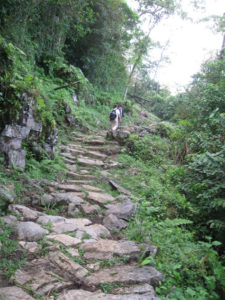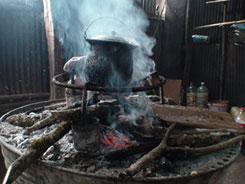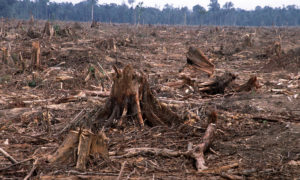The Water For Humans Story
Where
We work in indigenous rainforest communities in the southern states of Oaxaca & Chiapas with our local social work experts, The Hunger Project – Mexico.
Why
The southern states of Mexico where we currently work are segregated from the rest of the country. Their infrastructure, social development, education, environmental protection, and economic growth lags behind other states. Oaxaca and Chiapas have the country’s highest levels of unemployment, illiteracy, and lack of access to basic human services like clean water and sanitation.
We work here because there is such an urgent need.
Oaxaca & Chiapas have the highest percentages of households living in extreme poverty. Most families suffer food poverty, the lowest level of poverty as defined by the United Nations, meaning that families cannot meet their minimal nutritional needs.
Unemployment is high, out-migration of young people looking for work is over 50%, and wage-earners have incomes below Mexico’s minimum wage of $4/day. Families’ daily earnings are insufficient to acquire goods and services necessary for day-to-day living. 83% of households cannot access basic medical services.
What
We are currently focusing our efforts on our cookstove program due to its high demand and its potential for economic opportunities for these remote community members. The success of our cookstove program will allow is to then introduce other sustainable solutions.
How
Water for Humans teams up with local and international NGOs (Nongovernmental Organizations), universities and governments to improve public health and reduce disease.
The cooperative design of our projects are joint efforts between community members and professional advisers, both local and international. Within Mexico, we have gained reliable financial and technical support from the State and Federal Water Commissions, Rotary International chapters, and our social work partner – The Hunger Project – Mexico.
“You have all our appreciation for your creativity, your indefatigable work, your leadership, your flexibility and for your strong commitment in pursuing ownership and self-reliance among our common village partners” – From our local partners at The Hunger Project
According to the 2000 census:

In Oaxaca, women & children must hike 2+ hours/daily (during the dry season) to obtain clean water, traveling up and down treacherous mountainous paths.
- 81% of households lacked drainage for sewage.
- 27% had no piped water and most had no access to clean, safe drinking water.
- 86% cooked over open fires, exposing families to toxic smoke.
Typical hiking trail for water and in and out of the community. One remote community is almost 5 hours to the nearest hardware store and this includes a one ½-hour hike!

86% cooked over open fires, exposing families to toxic smoke.

Tree-cutting for cooking over inefficient and unhealthy open fires is a main contributor to deforestation.

